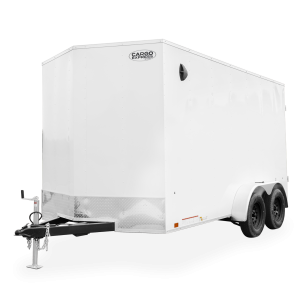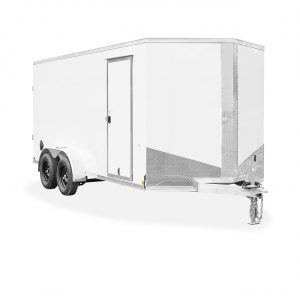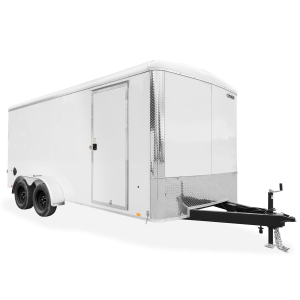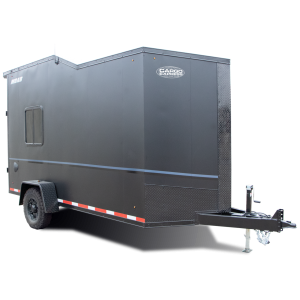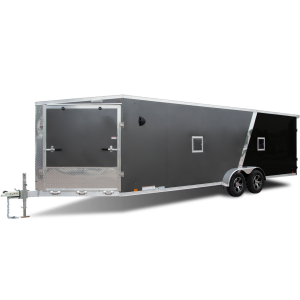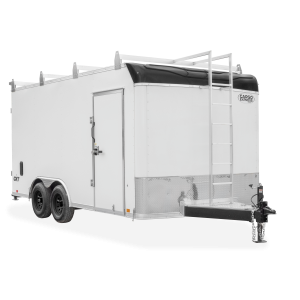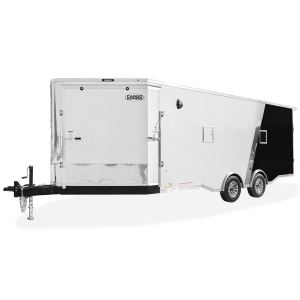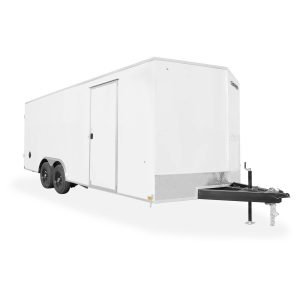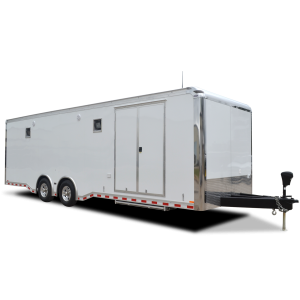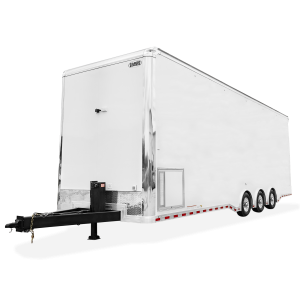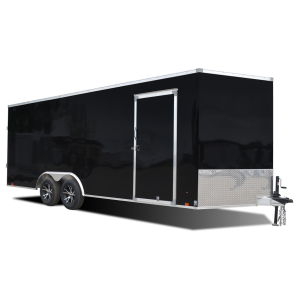Winterized Trailers Benefit from Longevity During the Harshest of Climates
While searching for trailer maintenance or trailer winterization tips on the internet will bring you numerous how-to guides, they’re often directed at the recreational vehicle market. However, as any good owner knows, these smaller but just as dependable trailers need their own TLC to keep them running for miles down the road. We at Cargo Express have put together a compact list to help shed some light on the most-important steps for keeping your enclosed trailer in tip-top shape throughout the year.
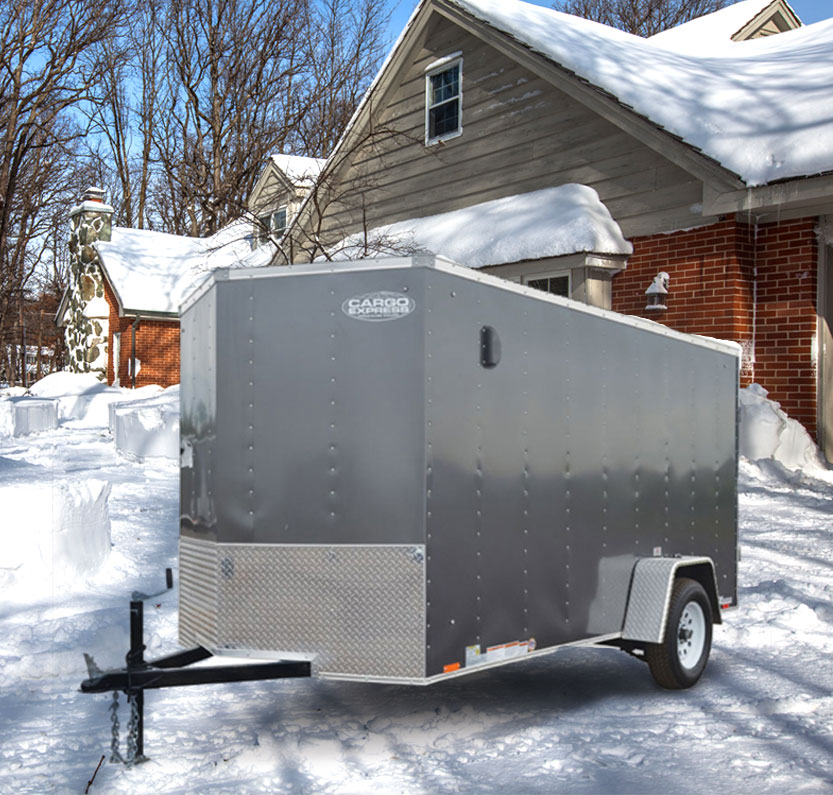 First and foremost, set aside some time to perform a thorough routine inspection of the entire trailer, from top to bottom and every space in between. As a reminder and means of making sure you check off all the right pieces, creating a trailer maintenance schedule is often a good start after purchasing a brand new trailer. Just as well, it’s never too late to begin proper maintenance on a trailer that’s seen plenty of time on the road.
First and foremost, set aside some time to perform a thorough routine inspection of the entire trailer, from top to bottom and every space in between. As a reminder and means of making sure you check off all the right pieces, creating a trailer maintenance schedule is often a good start after purchasing a brand new trailer. Just as well, it’s never too late to begin proper maintenance on a trailer that’s seen plenty of time on the road.
Most trailer manufacturers and long-time owners suggest checking most functions at 3-months/3,000-miles, 6-months/6,000-miles and 12-months/12,000-mile intervals. And, while this is a good roadmap to use, it’s often recommended that you inspect the important elements of your trailer, like the tires, lights and brakes before embarking on any trips.
Cargo Express enclosed trailers are perfect for remodeling, adding, subtracting and customizing elements of the trailer depending on their intended use. However, remember that the more you add to your unit means the more you’ll need to keep an eye on things as the seasons change. This means checking on any added holding tanks, windows, electrical features and any other elements that are prone to corrosion and susceptible to moisture and/or temperature changes.
Cargo Express Trailer Maintenance Quick Tips
Whether it’s a brand new gooseneck trailer, the mobile concession trailer your BBQ business depends on or even the utility trailer you’ve driven through every weather condition imaginable, the key to a long-lasting and dependable trailer is maintenance. By applying just a few of the below tips enables Cargo Express owners to keep their trailers in great shape and riding smooth in no time at all.
- Cargo Express trailers come equipped with LED tail and clearance lights that need to be inspected for safety during trips in dark hours and winter conditions. Check that there aren’t any cracks or non-functional lights before transportation begins.
- Some Cargo Express haulers have interior dome lights that should also be inspected for proper care when working or moving about inside the trailer.
- Don’t forget the tires! The difference between an easy ride, a gas mileage nightmare or even an all-out accident is your trailer tire conditions. As we know, tires expand and contract as they pass through hot and cold temperatures, so make sure you aren’t finding cracks or treads that are worn through. Also, make sure all tires are filled to the proper PSI – both hot and cold temps – per the trailer manufacturer’s recommendation.
- Owners taking their trailers on many trips should invest in an upgradable spare tire or larger Radial tires that are available on most Cargo Express trailers. You can even opt for an interior spare tire carrier to keep it safely tucked away.
- If your trailer comes standard with brakes or if you’ve chosen a brake axle upgrade, you’ll need to perform proper maintenance to ensure safety as well as longevity. Make sure the drums are thick enough to continue functioning as intended (and until the next inspection) per the trailer manufacturer’s recommendations.
- Properly store and/or replace your equipment as needed. This means safety chains, straps or anything else that you rely on.
- Make sure to clean the exterior and interior unit of debris. In fact, a routine wash of the trailer is an easy way to extend your sealants life-cycles. This will also help maintain the exterior, moisture barrier (if applicable) and automotive undercoating from accumulating harmful chemicals and dirt that can lead to rust.
- Additionally, check any and all moving parts for proper lubrication, including axles, wheel bearings, tongue jacks, hinges and anything that needs to move freely to function. There are numerous how-to guides for correctly applying lubricants, so make sure you’re keeping up-to-date on these parts to avoid potential damage.
And, for those feeling particularly uninspired to maintain and winterize their trailers, knowing of a reliable and medium-to-long term storage space is ideal. Just make sure to find one that fits your trailer’s height and length (with room to exit and maneuver around) so you can keep your investment in road-ready condition.

